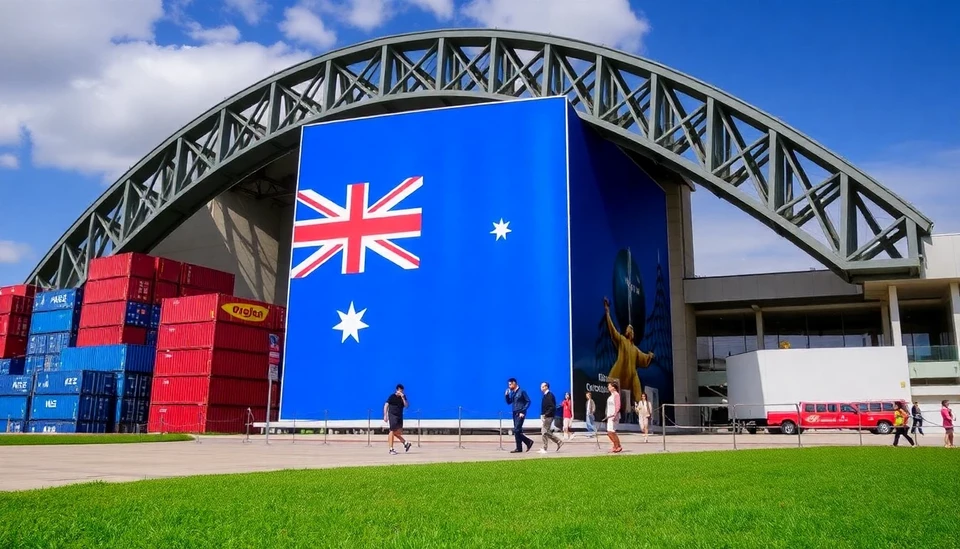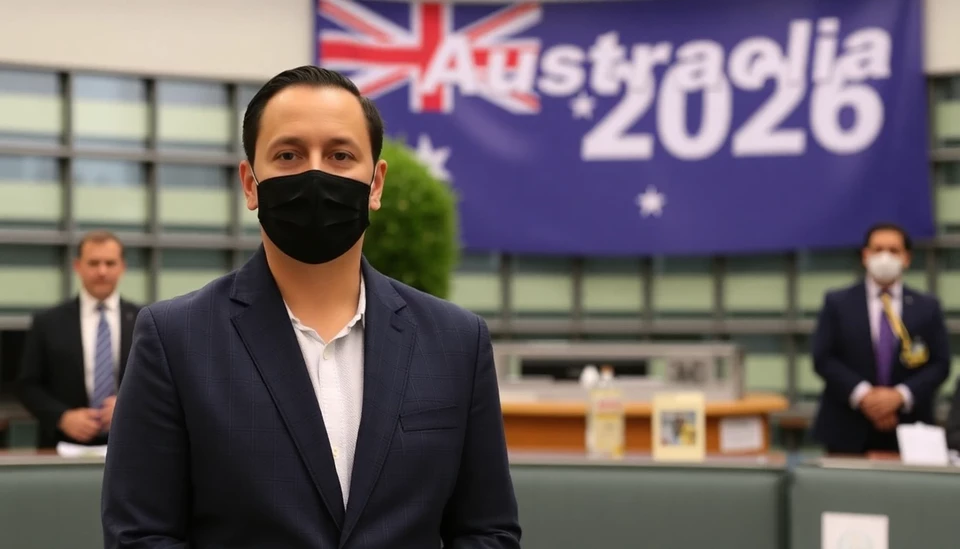
In a decisive move reflecting cautious optimism, the Reserve Bank of Australia (RBA) has opted to keep its key interest rate steady at 4.1% during its latest monetary policy meeting. This decision comes at a pivotal time as global markets brace for potential challenges stemming from renewed tariffs proposed by the Trump administration.
The RBA's governor, Philip Lowe, emphasized that the current rate is conducive to achieving inflation targets while fostering stable economic growth. This stability is particularly important as the global economy shows signs of vulnerability, influenced heavily by international trade dynamics and ongoing geopolitical tensions.
Lowe noted that while the Australian economy has been resilient, factors such as fluctuating commodity prices and uncertainty around tariff policies could affect future economic projections. The backdrop of this decision paints a complex picture where domestic growth is coupled with external threats, particularly from the United States, which has hinted at reintroducing tariffs on various goods.
As the world watches closely, the implications of potential tariffs on trade relationships could significantly impact Australia's export-driven economy, particularly in the agricultural and manufacturing sectors. The RBA's hold on rates suggests a desire for stability as businesses and consumers navigate this unpredictable landscape.
Market analysts have been quick to respond, noting that the RBA's decision aligns with broader global economic sentiments where central banks are treading carefully. With interest rates already at historic lows in many countries, the RBA's approach reflects a balancing act between stimulating growth and managing inflation risks.
Moving forward, experts suggest that the Australian central bank may need to remain vigilant. As key trade discussions unfold and the effects of renewed tariffs are assessed, the RBA could face pressure to adjust its monetary policy stance in upcoming meetings. The local economy's dependence on global trade means that any significant shifts in relations could have direct repercussions at home.
Overall, Australia's decision to maintain its interest rate amidst global uncertainty showcases the challenging environment central banks face today. As businesses continue to adapt to changing market conditions, the RBA will likely keep a close watch on both domestic performance and international developments in the months ahead.
As Australia navigates this delicate economic situation, analysts and investors alike will be keenly observing how external pressures manifest within the local economy and whether adjustments to the key rate may soon become necessary.
#Australia #ReserveBank #InterestRates #GlobalTrade #Tariffs #Economy #PhilipLowe
Author: Laura Mitchell




